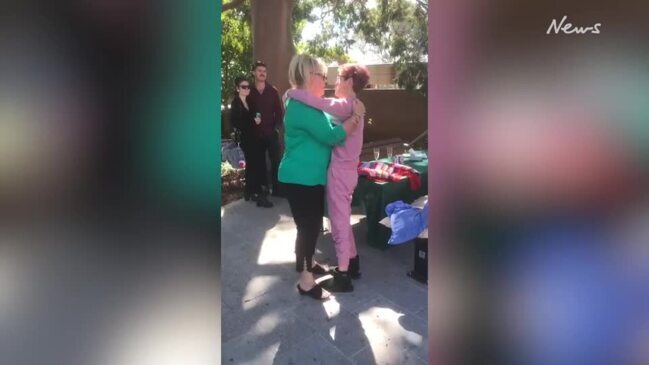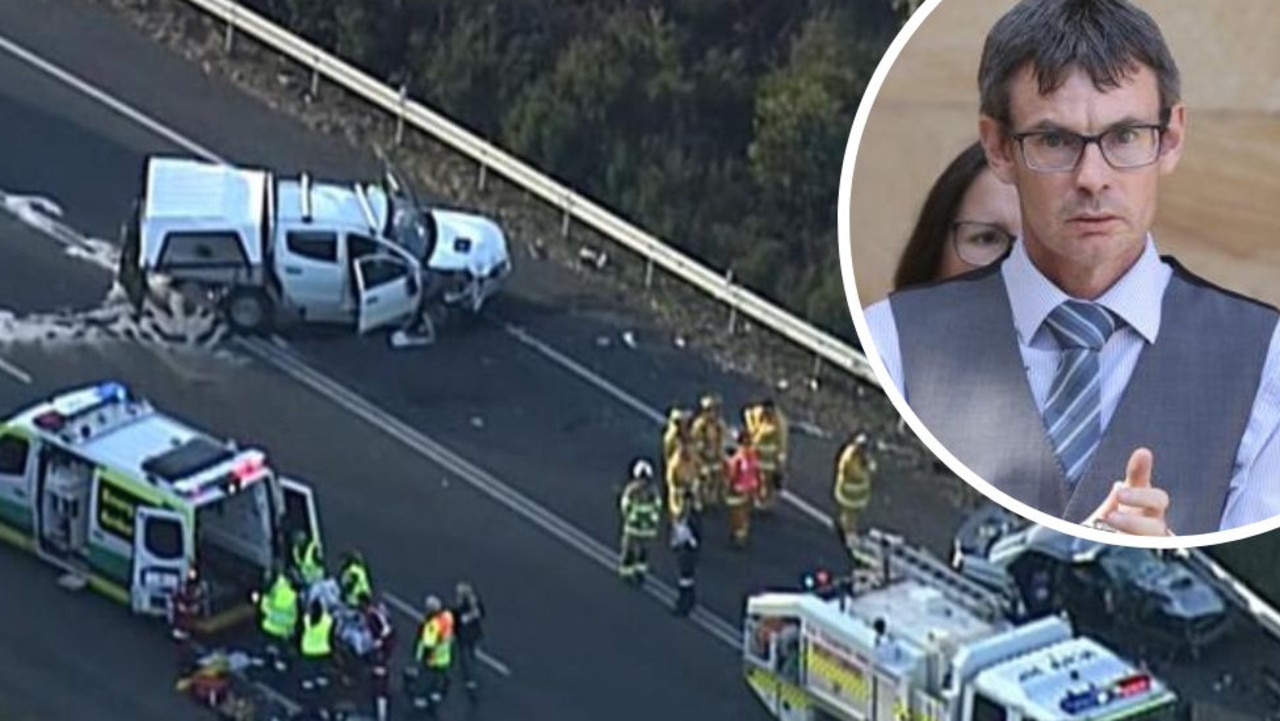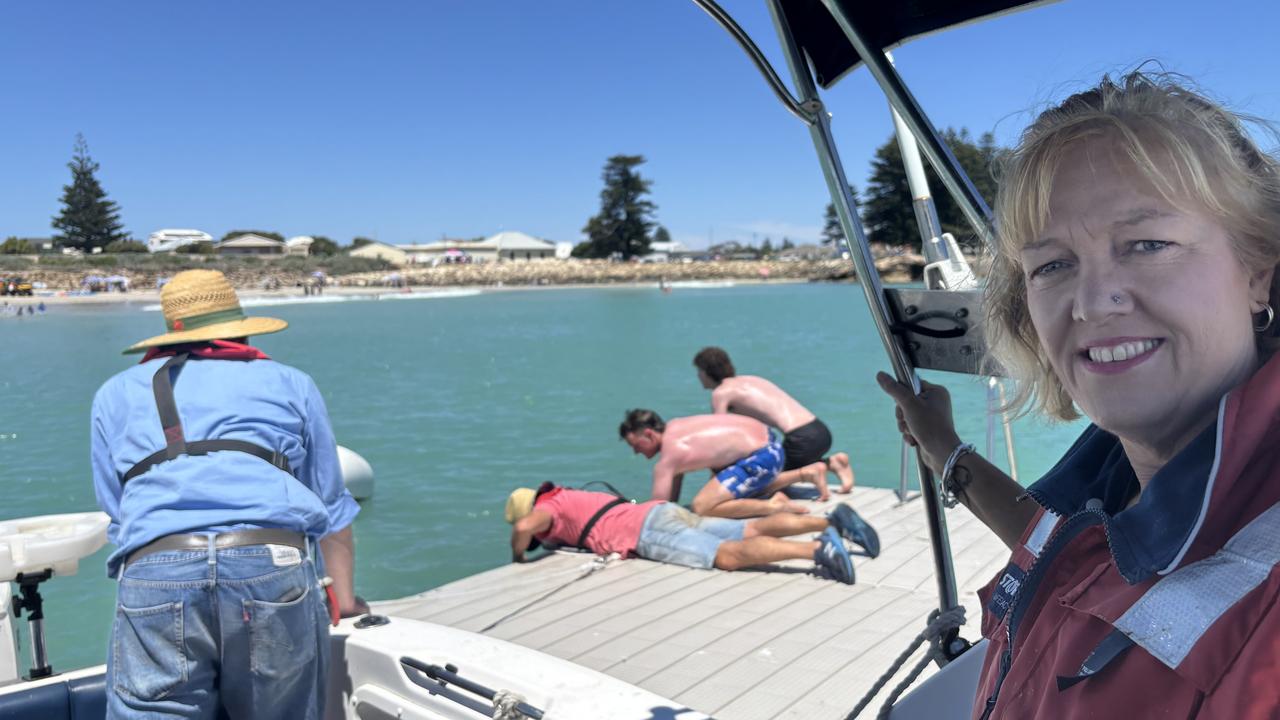Family of Denise Wyatt speak about her death through Voluntary Assisted Dying
After a shocking diagnosis, Denise Wyatt knew she wanted to choose when and how she died. Now her family has opened up about her death under voluntary assisted dying laws.

SA News
Don't miss out on the headlines from SA News. Followed categories will be added to My News.
From the moment she received her devastating diagnosis Denise Wyatt knew she wanted to choose when and how she died.
So on March 12, the 75-year-old grandmother ended her “fantastic” life peacefully as one of the first South Australians to make use of new voluntary assisted dying laws.
“She just loved life to the fullest and she had a fantastic life,” daughter Amanda Hancock, 54, said.
“Her body was giving up on her but her mind wasn’t.
“She wanted to die with dignity and with this disease there is no dignity at the end.”
Mrs Wyatt was diagnosed with Huntington’s disease in 2017.
The progressive brain disorder causes physical and cognitive impairments and Mrs Hancock said her mother “declined rapidly in the last six months”.
“She had trouble swallowing, she was on pureed food. She weighed under 40kg,” she said.
“She was very anxious, very upset and almost begging, begging for this to happen. She would tell anyone who visited her ‘I want to die... I want assisted dying’.”
Mrs Wyatt is among at least six terminally ill South Australians who have ended their lives under the VAD scheme which came into effect on January 31 – after more than 25 years of debate and 16 previous attempts to pass legislation.
A total of 35 people have made a request to begin the VAD process and 13 permits have been issued by SA Health so far.
“It was so, so important for her, right from the beginning (of her illness), she wanted to take this pathway,” Mrs Hancock said of her mother, who initially feared she would have to go to Victoria before VAD laws were passed in SA.
“My mum said at the end ‘I’ve had the best life but now I’ve got no quality of life so this is the pathway that I need to go down’.
“She was very aware of what she was doing.”
A family meeting was convened to “discuss mum’s wish” and understand the process.
“I did actually say this is not about anybody else, this is about mum and her choice, and her control over when she can go and how she can go,” Mrs Hancock said, encouraging others to “have the conversation”.
“If you don’t want to see your loved one suffering ... let them have the choice to die with dignity.”

On the day she died, at Modbury Hospital, Mrs Wyatt’s closest family and friends held a “celebration of her life”.
The mother of three and grandmother of four met her husband Bill, 77, at 16 and they were together for almost 60 years.
She worked for three decades in aged care and was remembered as “the life of the party” and a “very strong woman”.
“My mum was always the last one standing, the last one dancing,” Mrs Hancock said.
“She always had to be in the mix of things. Even when she was unwell and on the (hospital) bed she’d be pulling back the curtain to see what we were talking about outside.
“This has initially been very hard on my dad, but he said ‘This is what she wanted, and she always gets what she wants’,” Mrs Hancock recalled with a laugh.
“And she did until the end.”
More Coverage
Originally published as Family of Denise Wyatt speak about her death through Voluntary Assisted Dying





